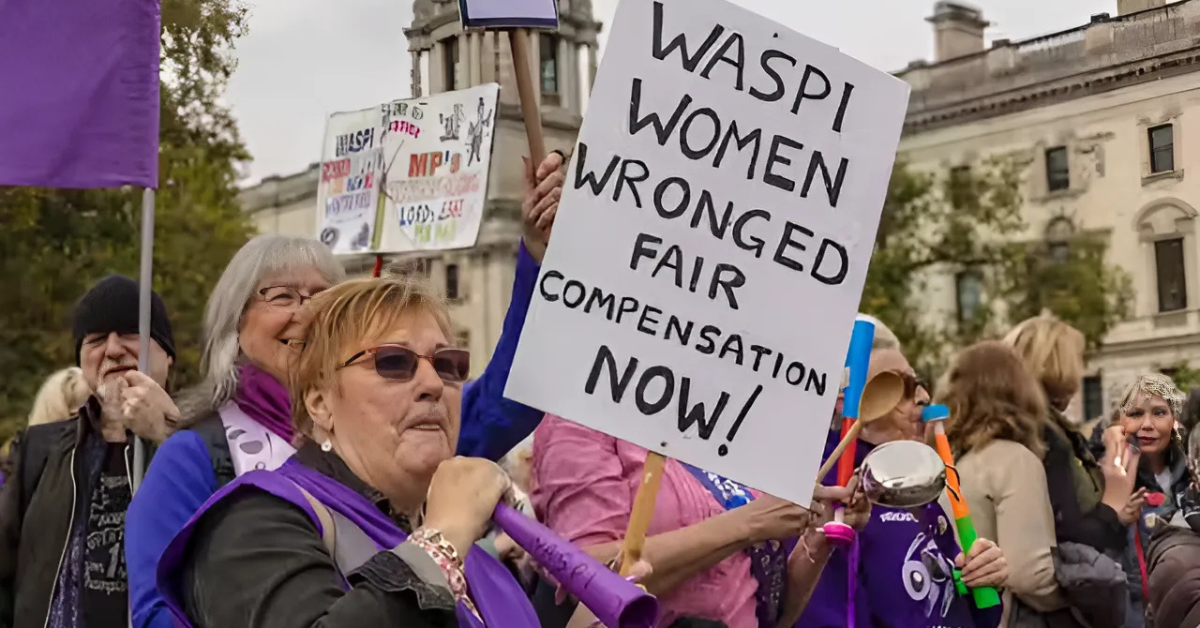The Department for Work and Pensions (DWP) in the UK has issued a serious warning to people receiving State Pension or other benefits. Scammers are now using fake text messages that appear to come from the DWP to steal your personal information.
Here’s everything you need to know to stay safe.
What’s the Scam All About?
Recently, many people have received text messages that look like they’re from the DWP. These messages might say things like:
- “Your benefit payment is on hold due to an issue.”
- “Update your details to continue receiving benefits.”
They usually contain a link that looks official, but when you click it, you’re taken to a fake website. This site will ask you to enter your personal information such as your name, date of birth, National Insurance number, and bank details.
This is a scam. The DWP has made it clear – they will never ask for sensitive details by text or email.
What Does the Fake Message Look Like?
Scammers are getting smart. They often use words like “urgent,” “important,” or “final warning” to make you panic. They try to trick you into clicking the link quickly. Some messages even include fake reference numbers to look more real.
For example, a scam text might say:
“DWP: Action needed. Your Universal Credit claim is incomplete. Click the link to update your details immediately.”
How Can You Stay Safe?
Here are some simple steps to protect yourself from falling victim to this scam:
- Never click on unknown links in text messages, even if it looks official.
- Do not share personal information like bank details or your National Insurance number through links sent via text or email.
- Double-check the sender. Government messages usually come from verified numbers.
- If in doubt, contact the DWP directly using the number on their official website.
What Should You Do If You Get One of These Messages?
If you get a suspicious message:
- Do not click on any link.
- Report the message to 7726 – this is a free spam-reporting service.
- Inform the DWP through their official fraud reporting service.
Even if you didn’t click anything, it’s good to report it so that authorities are aware and can help stop these scams.
Has Anyone Already Been Affected?
Yes, unfortunately. Some people have reported money being stolen from their bank accounts after entering their details into the fake websites. Others have had to freeze their accounts or change passwords to protect themselves.
That’s why it’s more important than ever to spread the word and be careful.
What is DWP Doing About It?
The DWP is actively working with cybersecurity teams and mobile networks to track and block these scams. They’ve also reminded the public through their social media and official website not to trust unexpected texts or emails asking for personal details.
Final Words: Don’t Trust, Don’t Click, Report It!
In today’s digital age, scammers are getting better at copying official government messages. But if you stay alert, you can protect your money and your information. Always take a second to double-check before clicking on any link or sharing anything personal.














Leave a Reply